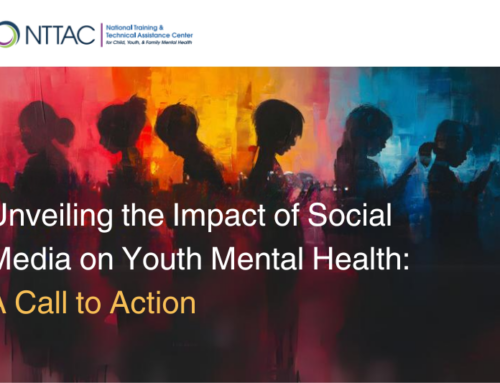Though COVID-19 has been most people’s primary health concern over the past year, it’s important to remember that heart disease takes the lives of over 600,000 Americans annually and remains the leading killer of women in the U.S. While it affects women of all racial and ethnic groups, it’s clear that women of color have increased risk factors that point to larger concerns regarding health equity and accessibility.
That’s why in 2021 Change Matrix has chosen to continue its recognition of the American Heart Association’s Go Red for Women® movement. In addition to using an equity lens in all of our work, ours is a women-owned and run business whose staff is composed of women from various racial and ethnic backgrounds. Though wearing red may be a small step, we’re doing our part to draw attention to cardiovascular disease in the U.S. and by sharing women-specific heart health facts and tips:
Noticing a Heart Attacks’ Subtle Symptoms
We’ve all heard of the common symptoms of a heart attack: chest pressure; a pain in the arm, or other parts of the body; difficulty breathing; and nausea. But for women, the signs are often very subtle.
“But chest pain is not always severe or even the most noticeable symptom, particularly in women,” reports the Mayo Clinic. “Women often describe it as pressure or tightness. And, it’s possible to have a heart attack without chest pain.”
In fact, the Clinic goes on to say that women are more likely than men to have heart attack symptoms that aren’t related to chest pain at all:
- Neck, jaw, shoulder, upper back, or abdominal discomfort
- Shortness of breath
- Pain in one or both arms
- Nausea or vomiting
- Sweating
- Lightheadedness or dizziness
- Unusual fatigue
- Indigestion
Because of this reality, current medical advice advises women to monitor their body and pay attention to changes that match this profile. If anything on this list is experienced out of normal ranges, seeking treatment immediately is advised—even if unsure one’s symptoms are heart-related.
African American Women are Most At-Risk
While all women should pay attention to their health regularly, the American Heart Association reports that African American women are especially at-risk for developing heart disease. Despite the fact that 49 percent of all African American women ages 20 and older have it, only 1 in 5 African American women believes that she is personally at-risk.
While there are many factors that may contribute to these statistics, African American communities tend to have higher rates of obesity and diabetes that contribute heavily to the likelihood of developing cardiovascular issues. One clear contributor to this reality is systemic racism and historic discrimination. This is highlighted in a collaborative study called “Racism and Health: Evidence and Needed Research” done by researchers at Harvard University and the University of Cape Town that shows that racism can adversely affect health.
“Racism is considered a fundamental cause of adverse health outcomes for racial/ethnic minorities and racial/ethnic inequities in health,” reads the study. “… [There is] evidence linking the primary domains of racism—structural racism, cultural racism, and individual-level discrimination—to mental and physical health outcomes.”
Particularly in the realm of heart disease mortality, “residing in communities with high levels of racial prejudice” is directly associated with negative outcomes. This may be due to statistically lower access to healthy foods, lack of culturally competent physical and mental health care, incentives to purchase unhealthy products, and more.
While it seems that comprehensive policy changes that target the roots of these issues are the best long-term solutions to curb these risk factors, in the short-term actions can be taken to improve one’s health including:
- Monitoring salt intake
- Exercising regularly
- Monitoring family history
- Quitting smoking
- Maintaining a healthy weight
- Avoiding alcohol
Seeking Specific Treatment
Once one starts to monitor the likelihood of developing heart disease based on family history, lifestyle risk factors, and doctor’s advice, it’s vital to seek treatment that is tailored to one’s specific health needs. An important consideration for women is to be mindful of the differences in men’s and women’s heart health treatments.
“Women are less likely to be prescribed statin therapy [that lowers cholesterol] to prevent future heart attacks than are men. However, studies show the benefits are similar in both groups,” the AHA reports. “Angioplasty and stenting, commonly used treatments for heart attack, work for both men and women. But for coronary bypass surgery, women are more likely than men to have complications.”
Additionally, for those who have already suffered from a heart attack, one’s doctor may recommend taking a low dose of aspirin as a preventative measure.
“But aspirin can increase the risk for bleeding. Therefore, daily aspirin therapy isn’t recommended for women who’ve never had a heart attack,” says the AHA. “Never start taking aspirin for heart disease prevention on your own. Talk with your doctor about your risks and benefits of taking aspirin.”
To learn more about ways to prevent heart disease and its symptoms visit the American Heart Association’s website.




